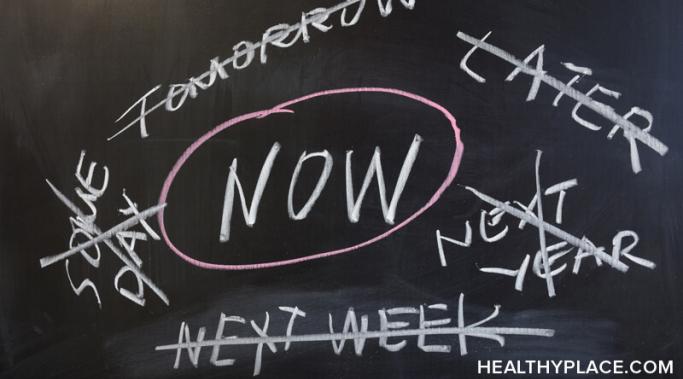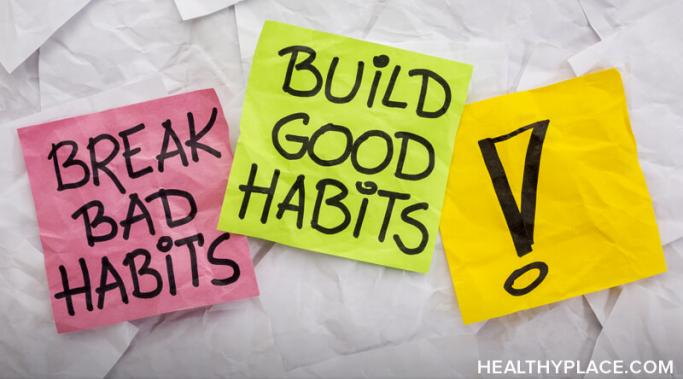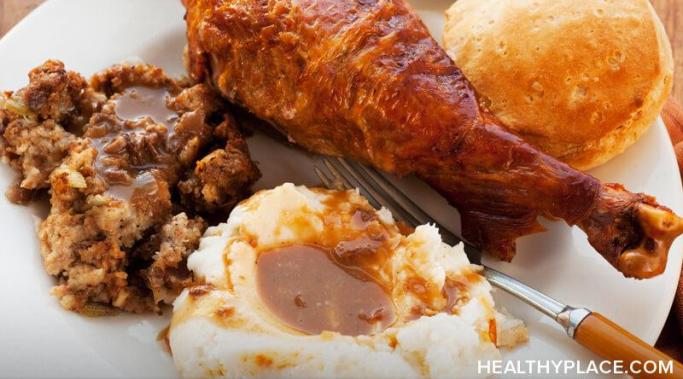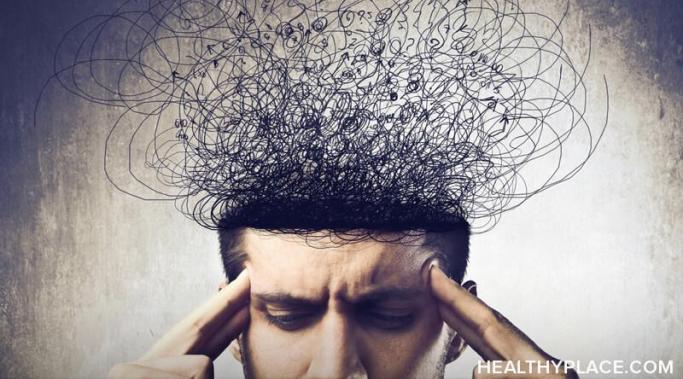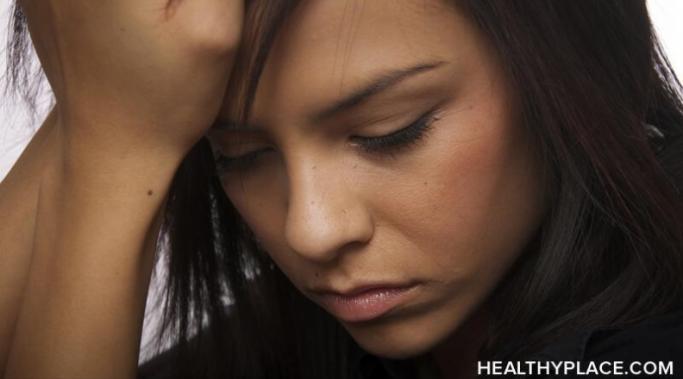Addiction is lonely, even when it is convincing you otherwise. In all honesty, I have not been feeling inspired to write lately. I have had a lot of self-doubt in my work and have been dealing with a lot of emotional baggage in my mind. I have lost touch with my true purpose, and what have I done to cope? I've self-medicated with drugs and alcohol in an attempt to ease my mind from the millions of thoughts anxiety naturally gives me.
Alcohol Addiction
Full disclosure, I was very nervous to begin writing on alcohol abuse and addiction. I have many friends who only know me as a heavy drinker and others who may be unaware of just how much I struggle with this drug. I have felt nervous because I am writing on alcohol abuse and mental illness, yet I would not consider myself an alcoholic, nor would I ever use this term lightly.
As the youngest in a slightly dysfunctional family full of addiction and mental illness, it was no surprise that I would eventually find myself battling those same demons. I grew up surrounded by booze, drugs, and chaos with very little conversation on the seriousness of alcohol abuse and addiction.
As we face our final days of 2020, the holiday stress is rising, and many of us with a history of addiction are bracing ourselves for the food-related festivities that can worsen food addiction and disordered eating. The holidays can feel terrorizing and traumatic for numerous reasons, but a big factor could be the substances consumed around this time of year. For some, the dread of holiday cocktails might cause anxiety, but for others, the sacred meals and traditional foods could be the cause for concern.
As someone who has not only personally experienced addiction recovery but has also worked as an addiction professional, I know all about the idolization of the sacred sobriety date. However, if you've followed this blog for long, you've probably noticed that I've never given my exact sobriety date or the precise weeks, months, or days I've been free from my addiction. This is because I really don't honor the sacred sobriety date like so many others do in addiction recovery. I have no ill will towards those who do participate in this ritual, but I've learned over time that it just isn't my thing.
As a recovering addict, I know just how daunting it can be to prepare for the summer party season. From miscellaneous pool parties, summer weddings, and all the various holidays that fall throughout the summer months, this time of year can be challenging for those of us with a history of addiction.
To my knowledge, generational addiction has impacted both sides of my family for at least four generations. Specifically, alcoholism and its devastating effects have weighed heavily on three of my four grandparents.
Addiction recovery is filled with numerous unexpected triggers and challenges. There are obvious triggers recovering addicts must face along the path to recovery, like people, places, and activities that might be associated with their drug-of-choice. However, there are also plenty of unexpected triggers in addiction recovery that catch many individuals completely off guard.
Alcohol abuse affects women differently than it affects men, even when they drink smaller amounts. There are more health risks for women, including liver disease, breast cancer, and brain damage. While women are just as likely as men to be successful with sobriety, women who abuse alcohol may have more challenges finding accessible treatment for alcohol abuse and addiction.
Alcohol and opiate withdrawal symptoms can be extremely difficult, but vitamins may help people with substance use disorders by possibly easing withdrawal symptoms. Treatment methods range from quitting cold turkey to hospitalization. Sometimes medications can be prescribed to ease withdrawal symptoms (Opioids Withdrawal: How Bad Is It? Symptoms, Treatment). However, one concern for people trying to get clean is becoming dependent on another substance. It is always important to check with your doctor when considering alternative treatment so they can review your medical history and specific situation. For the scope of this post, I will cover the use of vitamins B and C for alcohol and opiate withdrawal symptoms.
